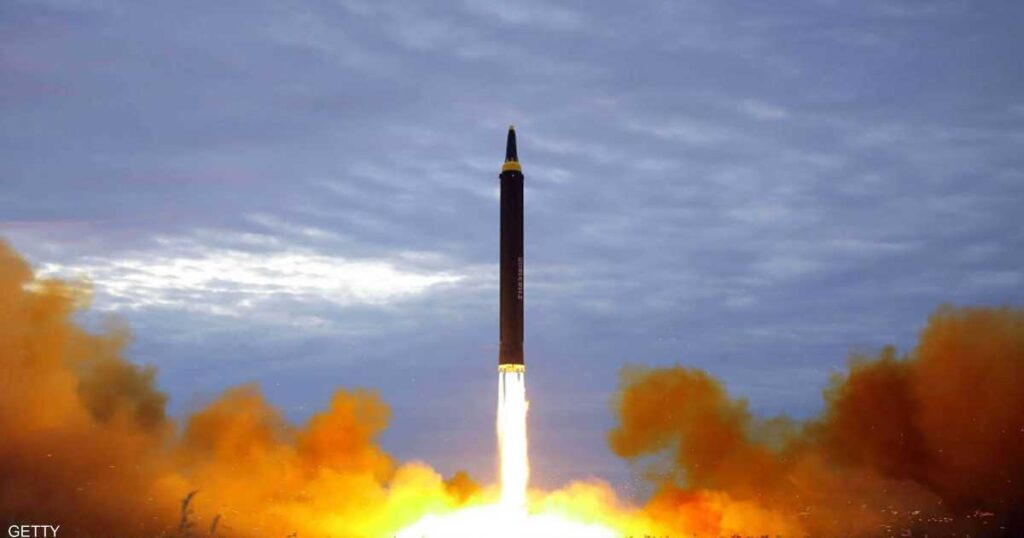Russian and American analysts who spoke to Sky News Arabia said that the nuclear calamity is now more than just a threat; it is becoming an actual hazard.
The United Nations-sponsored conference came to an end on Friday without issuing a joint declaration on nuclear disarmament after Russia objected to what it called an imbalance in Western dealings with the targeting of the Zaporizhia nuclear plant in Ukraine, which Moscow and Kiev have been trading blame over who bombed it. months ago.
According to Andrei Belousov, the deputy leader of Russia’s conference delegation, a consensus on the final declaration was prevented by some delegations’ inaccurate and politicised statements towards Ukraine. This was used by Russia to support its stance.
The Foreign Ministry stated in a statement on Sunday that Moscow does not want to recognise the radioactive danger in Zaporizhia and that it obstructed the draught agreement at the conference because it indicated such a danger. Washington supports Ukraine in holding Moscow accountable for the repeated bombing of the station.
We must defend the security of Ukraine and the security of the largest station in Europe, tweeted Rafael Grossi, Director-General of the International Atomic Energy Agency, as a delegation from the organisation was en route to the station to assess it.
Reactions to the conference’s failure Russia has 6,370 nuclear weapons, compared to the United States’ 5,800.
The announcement of the document, which needs the consent of all 191 signatories to the international convention, was met with sadness after the Russian veto, as did Washington, the Netherlands, and China.
The conference’s failure was lamented by the International Campaign to Abolish Nuclear Weapons, while the Washington-based Arms Control Association saw it as a lost chance to advance international security.
The conference’s failure is hardly its first.
It failed to approve the treaty’s most recent assessment in 2015.
Since 1970, the United States, Russia, France, Britain, and China have been required under the Nuclear Non-Proliferation Treaty to diminish their nuclear weapon stockpiles and prevent others from gaining them.
Clearing
According to the Russian researcher Andrei Orlov, Washington wants to weaken Russia’s military might in order to settle scores with Moscow, and this was evident at the conference.
In it, he issues a warning that the treaty’s future is in jeopardy if it is not revised and that America’s provocations of Russia are pushing the world ever closer to a nuclear catastrophe.
The deployment of nuclear weapons during any fight due to miscalculation or error presents a genuine danger, he continued, not just an abstract threat.
immediate risk
By refusing to sign the conference document, Russia, according to American military analyst Peter Alex, blows up the Nuclear Non-Proliferation Treaty, putting the entire world at risk of a nuclear catastrophe.
This is demonstrated by the fact that there are currently 13,000 nuclear weapons in the world’s arsenal. If this trend continues, governments may lose faith in the Treaty and put their states in danger.
Station in Zaporizhia
It was established in 1980 and is one of the ten largest plants in the world. It has 6 units and generates 5. 7 GW of electricity.
The Chernobyl reactor explosion tragedy, the worst nuclear accident in history, which happened in 1986, is approximately 500 miles away from this location.
In March, Russia assumed control of it and continued to run its operations.
There are warnings of 13,000 nuclear weapons that come from “the edge of the abyss.”

